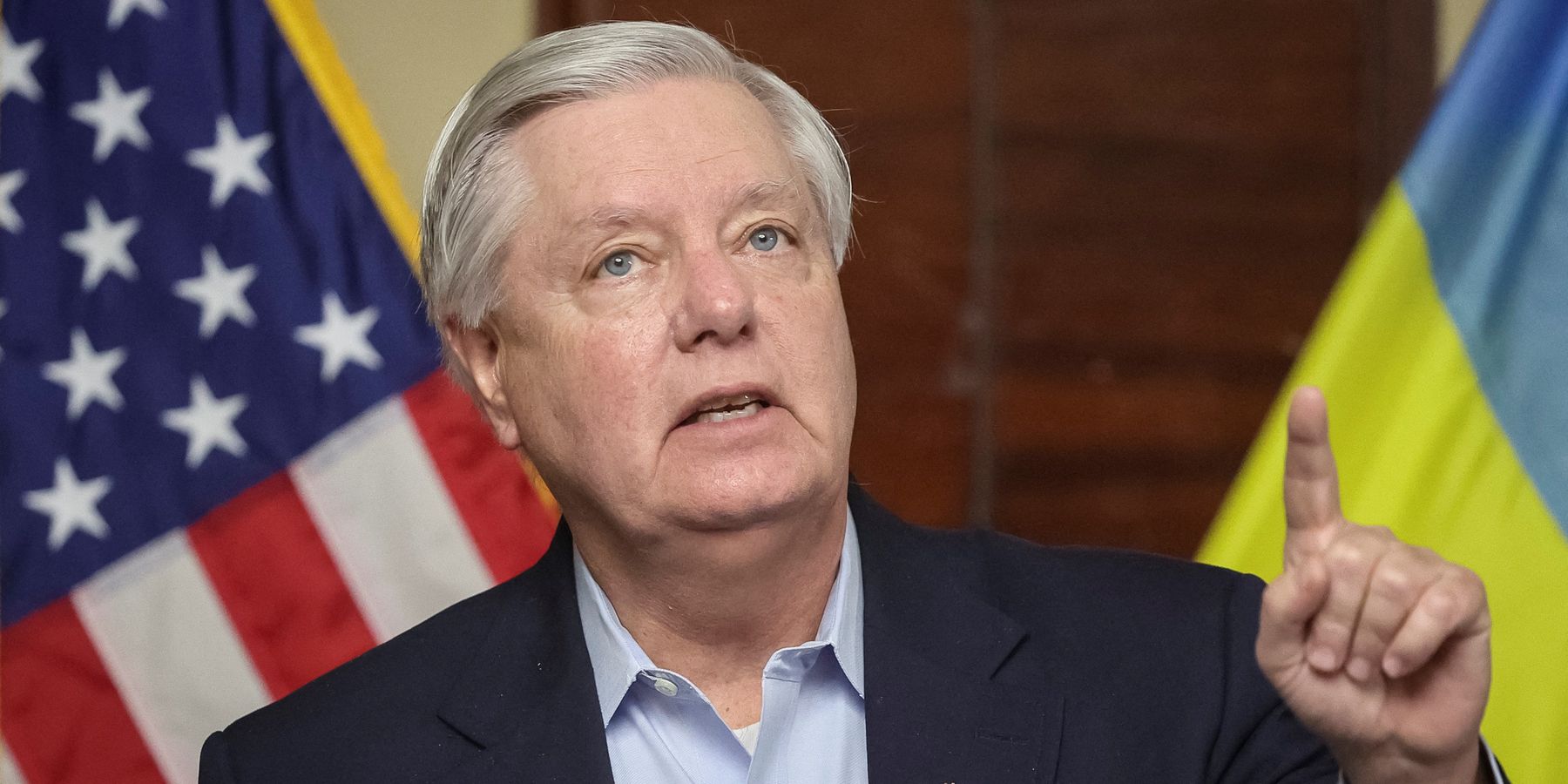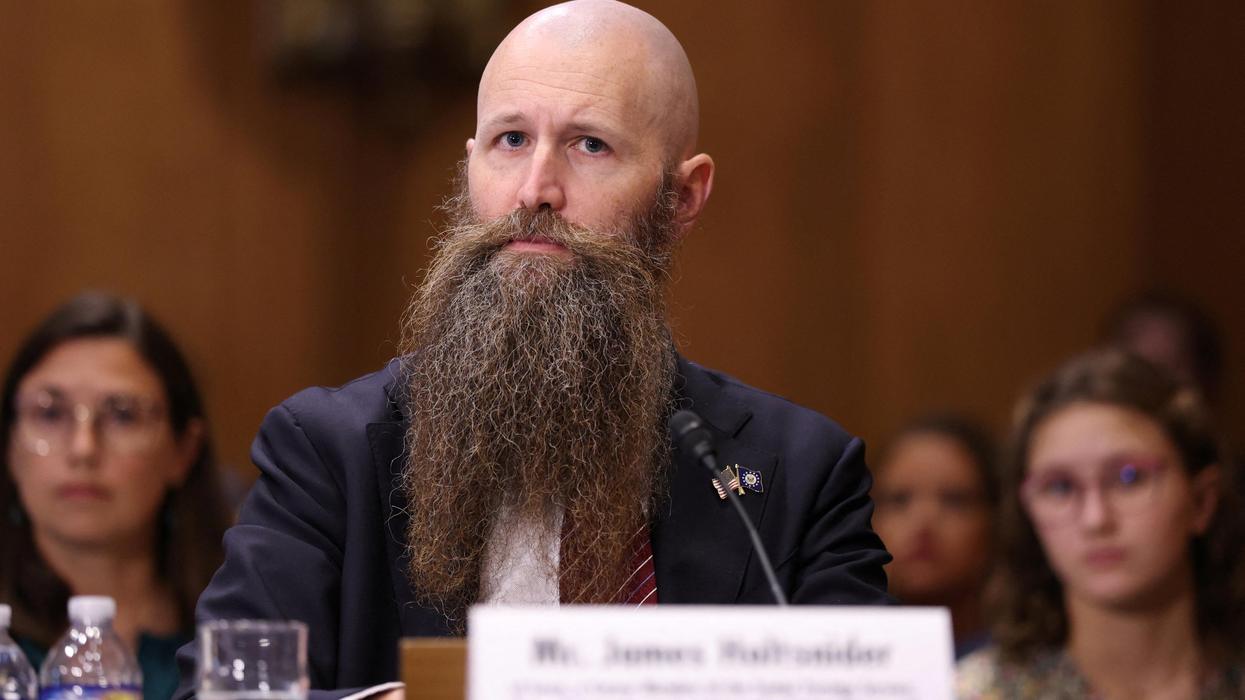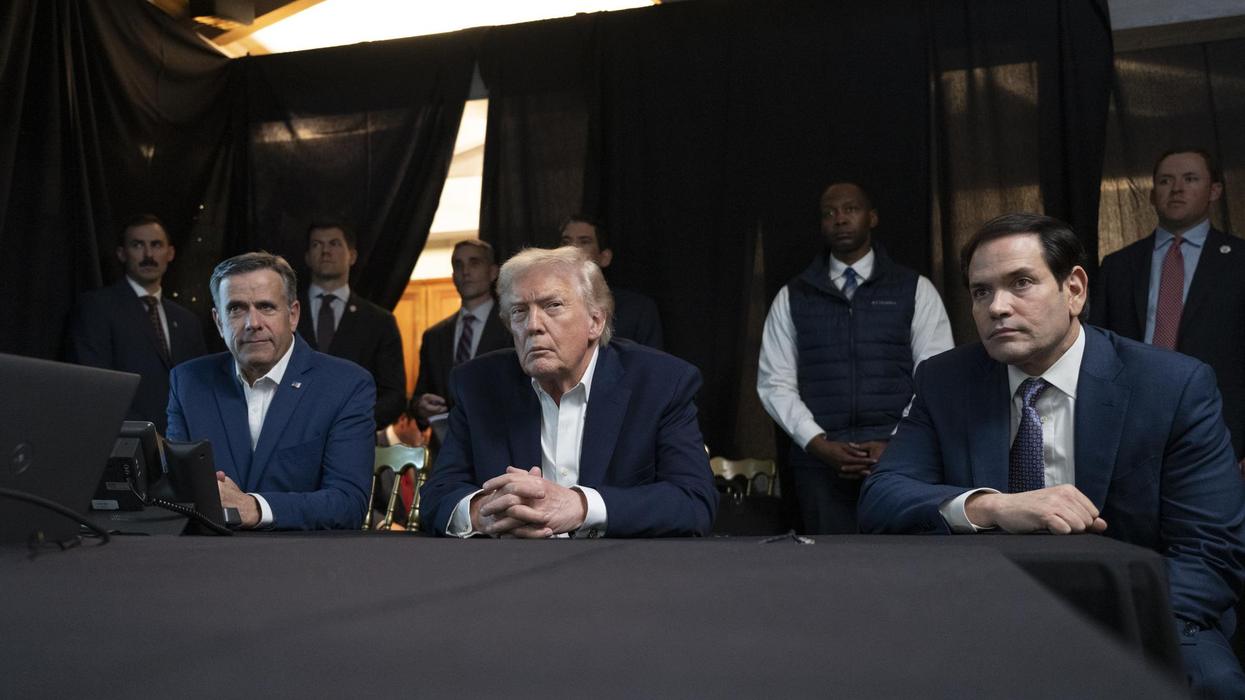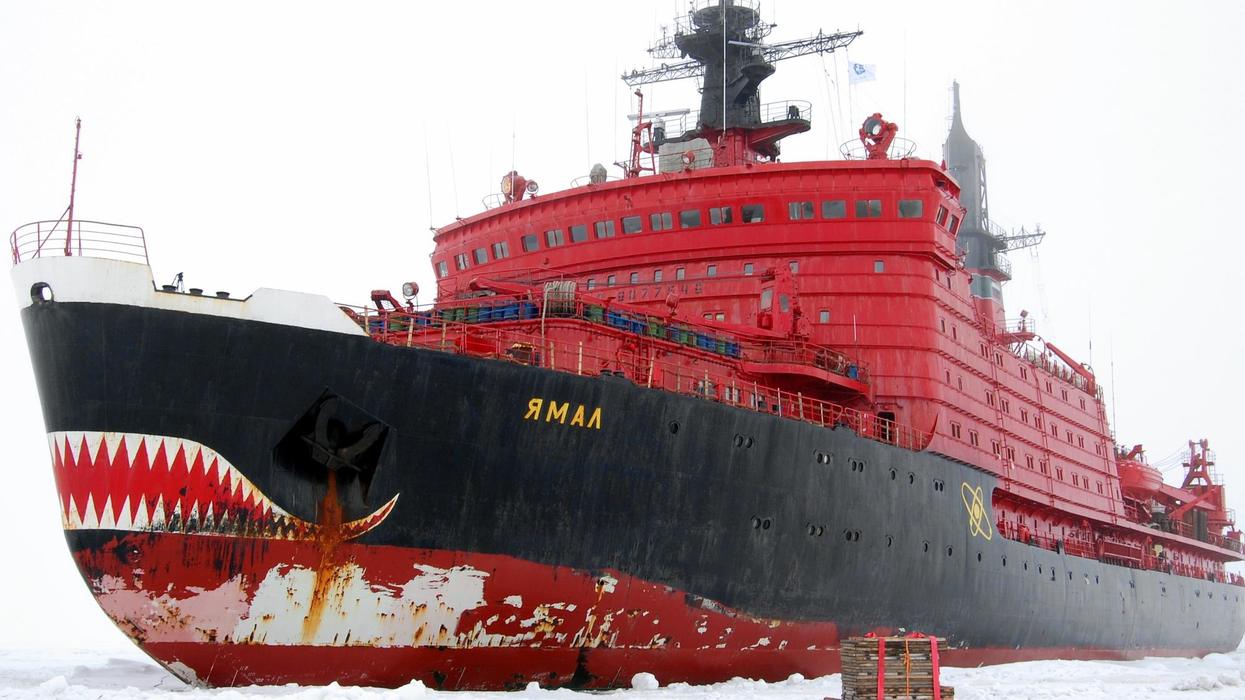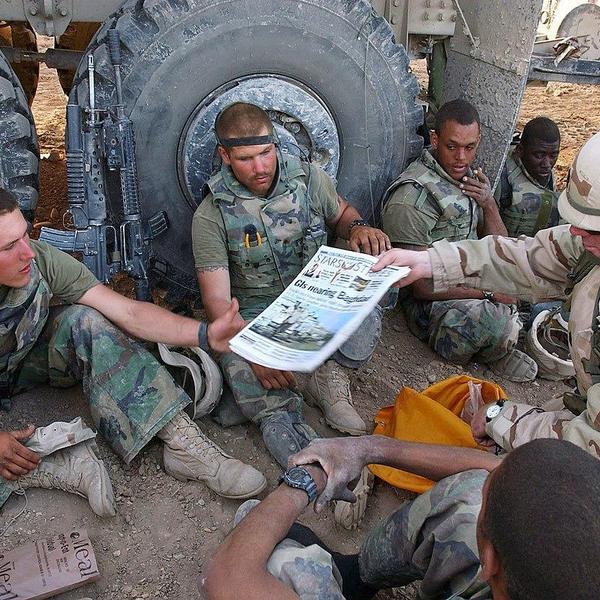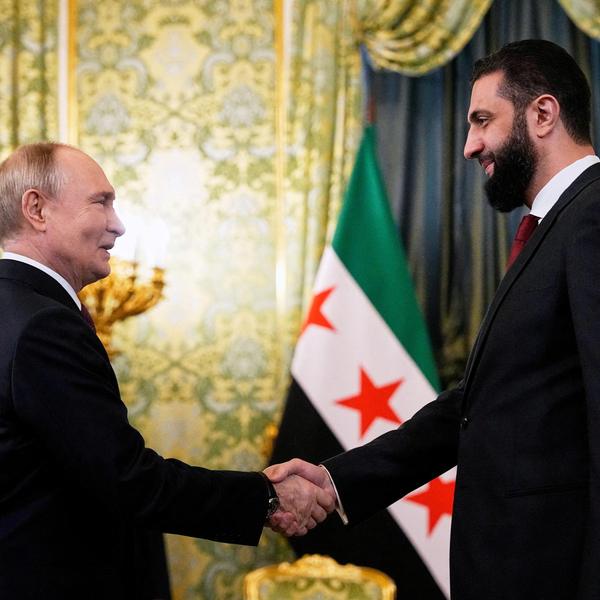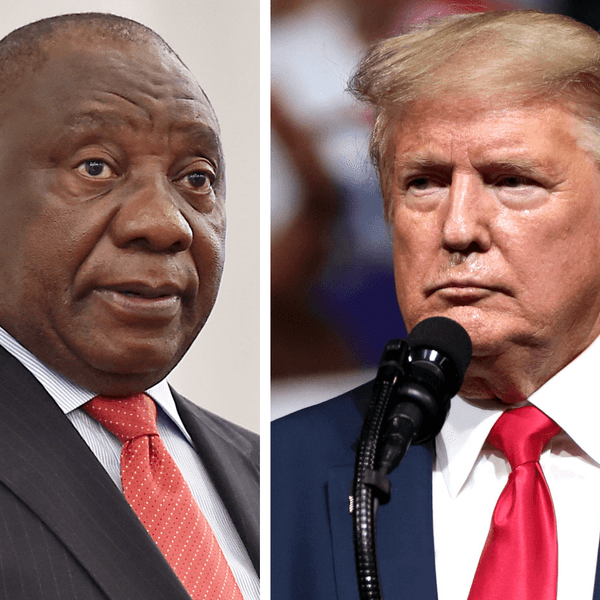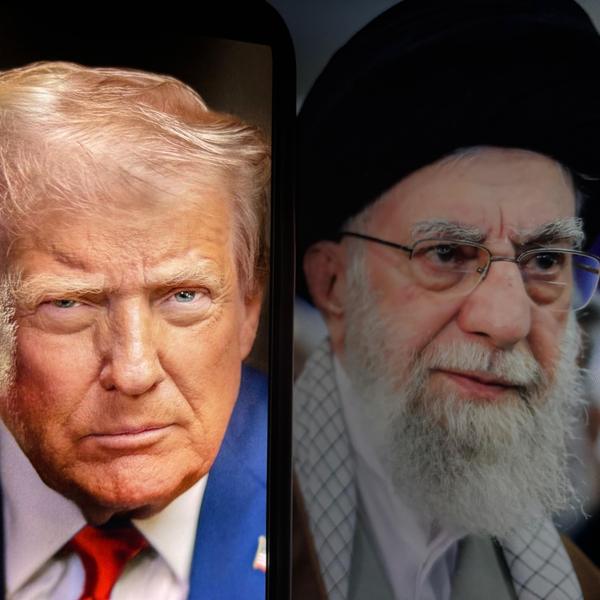No, you heard it right. Last week in a Fox News appearance, South Carolina Sen. Lindsey Graham said outright that the war in Ukraine is “about money.”
Namely, Graham told Fox News host Sean Hannity that the U.S. stands to financially gain from Ukraine’s vast agricultural sector and “two to seven trillion dollars’ worth” of rare earth minerals alike in a prospective wartime deal with the war-torn, albeit resource-wealthy, nation.
“This war is about money. People don’t talk much about it. But you know, the richest country in all of Europe for rare earth minerals is Ukraine. Two to seven trillion dollars’ worth of minerals that are rare earth minerals, very relevant to the 21st century,” Graham declared. “Ukraine’s ready to do a deal with us, not the Russians. So it’s in our interest to make sure that Russia doesn’t take over the place.”
“[Ukraine] is the bread basket of…the developing world,” Graham mused. “Fifty percent of all the food going to Africa comes from Ukraine.”
Graham also emphasized that the incoming Trump administration is uniquely positioned to cash out on such resources. “Donald Trump is going to do a deal to get our money back, to enrich ourselves with rare earth minerals. A good deal for Ukraine and us,” Graham said. “And he’s going to bring peace.”
Trump has suggested repeatedly that he wants to bring all sides to the table to talk in order to end the war. Graham has been consistently on the other side of the debate where he has wanted Ukraine to keep fighting at all costs.
Yet Graham insists that Ukraine will benefit from the prospective “deal” he describes. His own history of hawkish comments, where he previously said that “with American weapons and money, Ukraine will fight Russia to the last Ukrainian,” suggests Ukrainians' best interests and meaningful peace both rank low amongst his priorities.
Notably, this isn’t the first time Graham has suggested that the U.S. could benefit from access to Ukraine’s natural resources. “[Ukrainians are] sitting on a trillion dollars’ worth of minerals that could be good to our economy,” Graham said in a video clip from September, where he was standing next to Ukrainian President Volodymyr Zelensky.
Meanwhile, war fatalities continue to mount, with the Wall Street Journal reporting in September that over a million people have died or been wounded in the Russia-Ukraine war since its inception. To hawks like Graham, such fatalities seem to be an acceptable price to pay in an apparent bid for Ukraine’s natural resources.
- There are plenty of reasons to boo Lindsey Graham off a stage ›
- On Reagan and Russian jets, Lindsey Graham is wrong again ›
- Lindsey Graham wants to force more Ukrainian men into the draft ›
- Putin’s game is hypersonic: Is that why we can’t see it? | Responsible Statecraft ›
- Trump wants Ukraine's minerals in exchange for aid | Responsible Statecraft ›
- The steep but worthy price of minerals for peace in Ukraine | Responsible Statecraft ›

